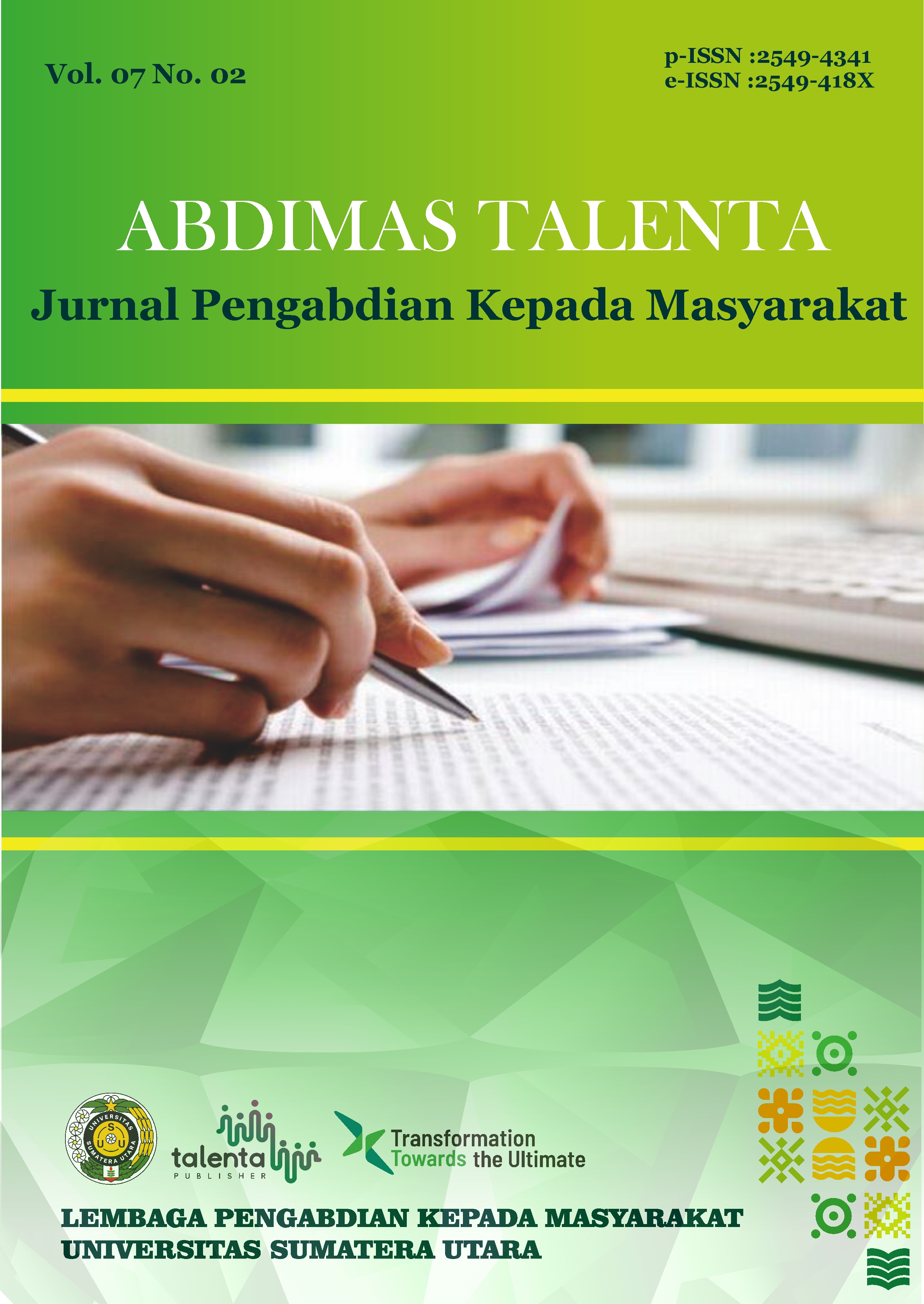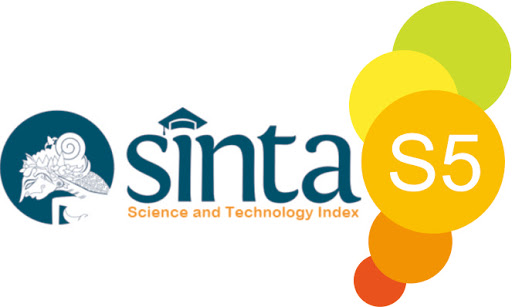Training and Education for Orphanage Children to Realize Sustainable Economic Independence In Al-Marhamah Orphanage
DOI:
https://doi.org/10.32734/abdimastalenta.v7i2.9480Keywords:
Orphanage, Achievement Motivation, Culinary, Digital MarketingAbstract
Not all children have the opportunity to get the fulfillment of the right to develop properly. Therefore, a forum is formed that is ready to facilitate these less fortunate children, one of which is the Orphanage. Al-Marhamah Orphanage is one of the orphanages located in Medan Sunggal. Al-Marhamah orphanage does not have a permanent donor and only lives from the proceeds of the business which is sold in front of the orphanage building. The types of products sold also have low competitiveness, so there needs to be an increase in capabilities in the culinary and business fields as well as optimal empowerment of human resources. Based on this, community service is carried out in the form of achievement motivation training, culinary training, and digital marketing education. In addition, recipe books and other supports are provided as needed. Educational training and debriefing carried out using lecture, demonstration, practice, as well as direct discussion and question and answer. The results of the implementation show that the target can participate in all series of activities with a positive attitude, and have the provisions to be able to realize sustainable economic independence.
Downloads
Downloads
Published
Issue
Section
License
Copyright (c) 2022 ABDIMAS TALENTA: Jurnal Pengabdian Kepada Masyarakat

This work is licensed under a Creative Commons Attribution-ShareAlike 4.0 International License.
The Authors submitting a manuscript do so on the understanding that if accepted for publication, copyright of the article shall be assigned to Jurnal Abdimas TALENTA as well as TALENTA Publisher Universitas Sumatera Utara as the publisher of the journal.
Copyright encompasses exclusive rights to reproduce and deliver the article in all forms and media. The reproduction of any part of this journal, its storage in databases and its transmission by any form or media, will be allowed only with written permission from Jurnal Abdimas TALENTA.
The Copyright Transfer Form can be downloaded here.
The copyright form should be signed originally and sent to the Editorial Office in the form of original mail or scanned document.












